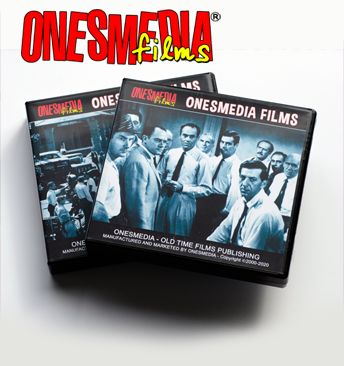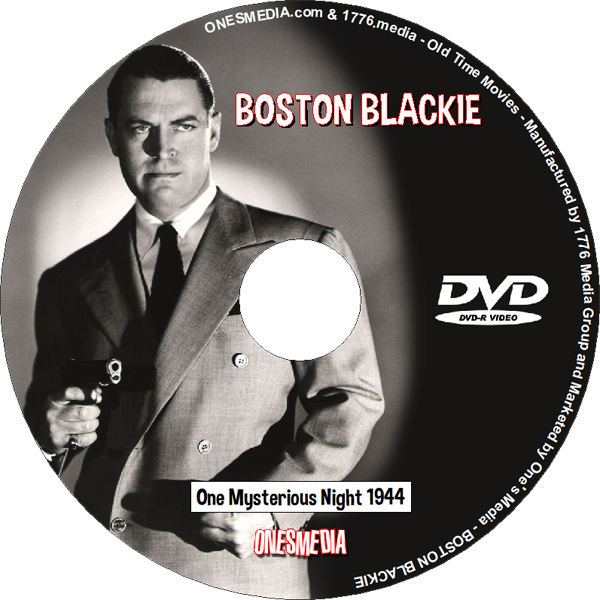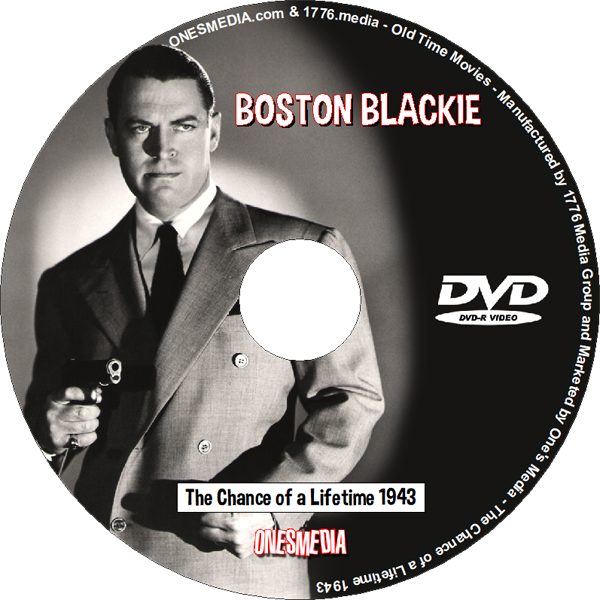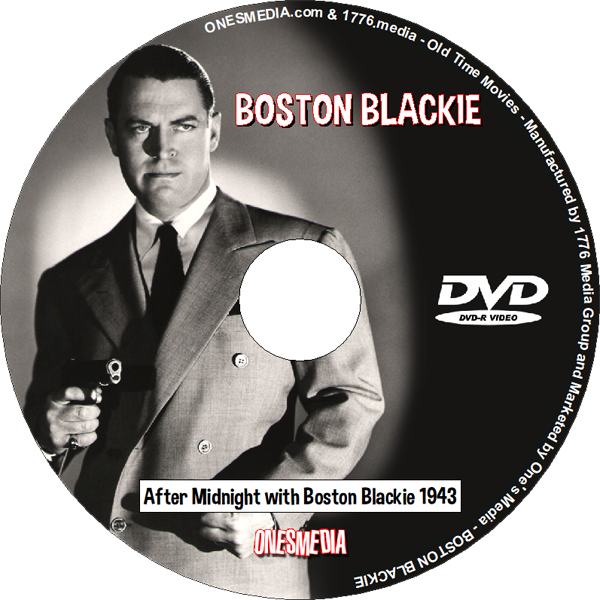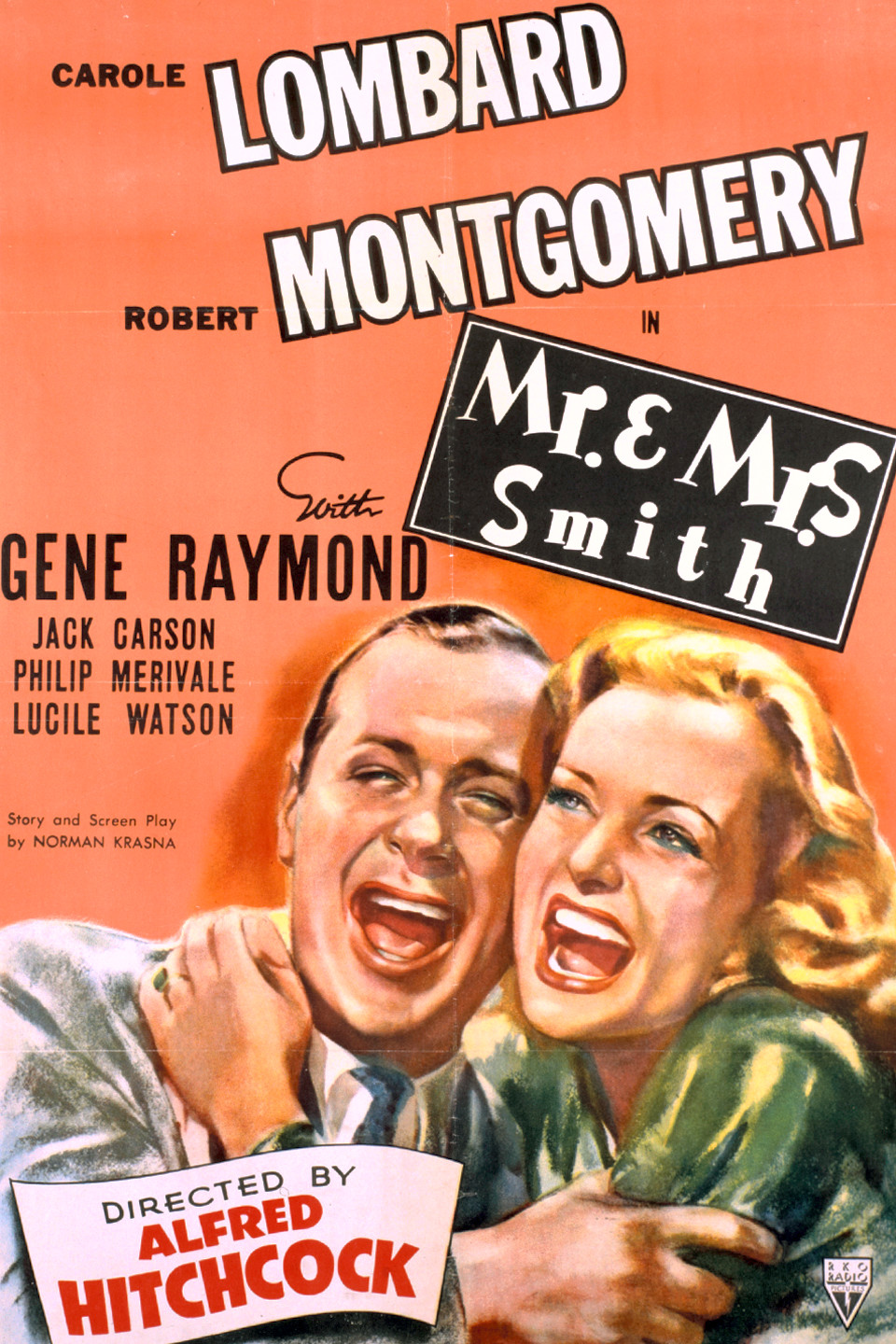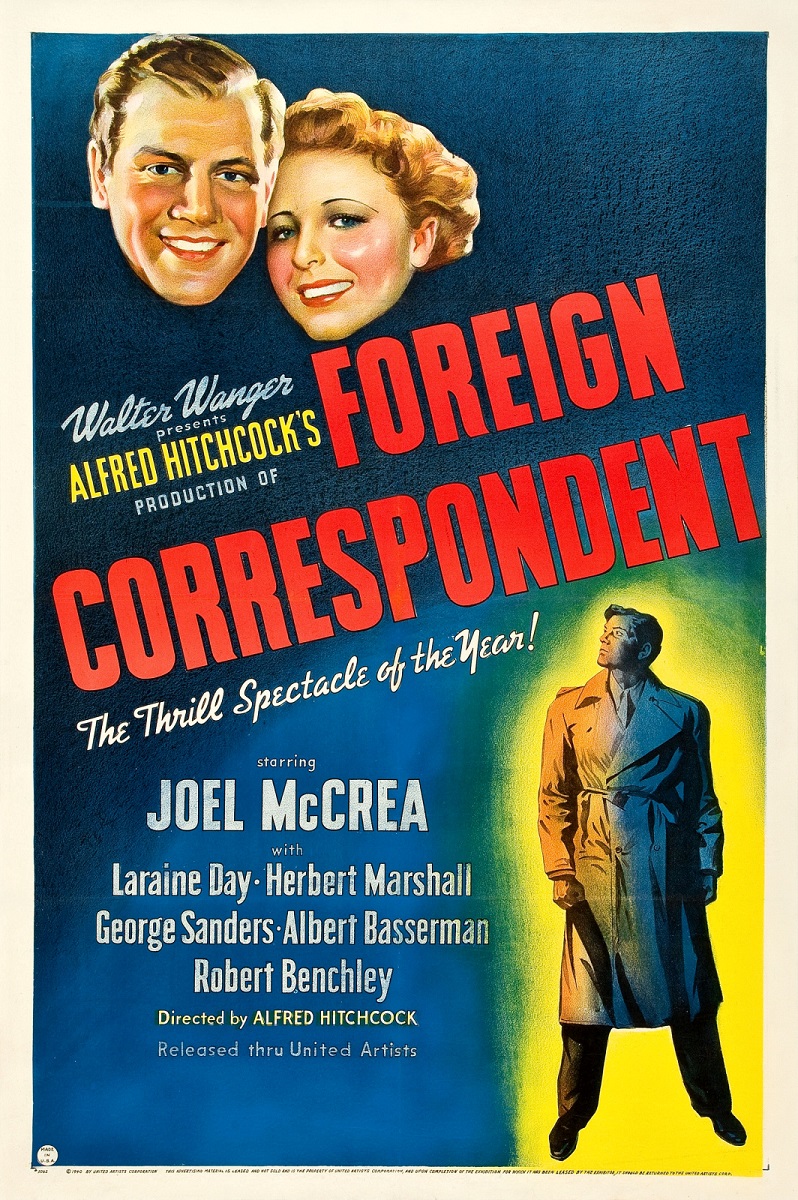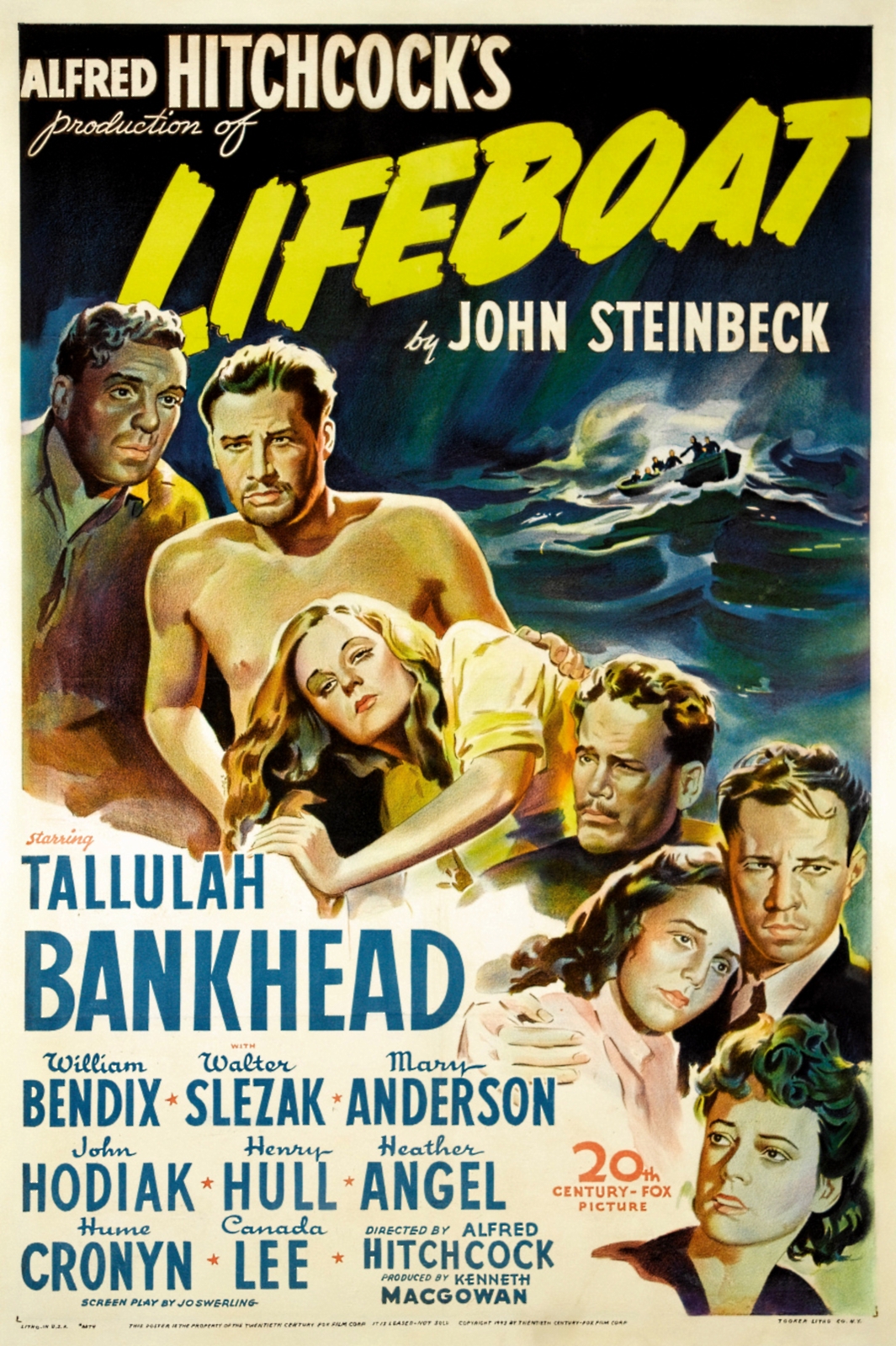Sir Alfred Joseph Hitchcock KBE, born on August 13, 1899, and passing away on April 29, 1980, stands as an iconic figure in the annals of cinema. Hailing from England, he is widely acknowledged as one of the most influential filmmakers in history. Over a remarkable career spanning six decades, he helmed more than 50 feature films, many of which continue to captivate audiences and serve as subjects of study even today.
Affectionately dubbed the "Master of Suspense," Hitchcock's presence extended beyond the director's chair. His numerous interviews, ubiquitous cameo appearances in his own films, and his role as host and producer of the television anthology "Alfred Hitchcock Presents" (1955–65) elevated him to a level of fame comparable to that of his actors.
Hitchcock's cinematic endeavors earned him a staggering 46 Academy Award nominations, with six wins to his credit. However, despite five nominations, the accolade for Best Director eluded him throughout his career.
Before delving into filmmaking, Hitchcock initially pursued a career as a technical clerk and copywriter. His foray into the film industry began in 1919 as a title card designer. His directorial debut came with the British-German silent film "The Pleasure Garden" in 1925, marking the inception of a prolific journey.
Noteworthy among his early works is "The Lodger: A Story of the London Fog" (1927), which played a pivotal role in shaping the thriller genre. "Blackmail" (1929) further solidified his reputation by becoming the first British "talkie." His thrillers "The 39 Steps" (1935) and "The Lady Vanishes" (1938) are esteemed as some of the most significant British films of the 20th century.
By 1939, Hitchcock had garnered international recognition, prompting producer David O. Selznick to entice him to Hollywood. The transition resulted in a string of successful ventures, including "Rebecca" (1940), "Foreign Correspondent" (1940), "Suspicion" (1941), "Shadow of a Doubt" (1943), and "Notorious" (1946). "Rebecca" notably clinched the Academy Award for Best Picture, with Hitchcock receiving a nomination for Best Director.
Although faced with a brief commercial lull, Hitchcock swiftly regained his stride with films like "Strangers on a Train" (1951) and "Dial M for Murder" (1954). His directorial prowess reached its zenith with works often cited among the greatest of all time, including "Rear Window" (1954), "Vertigo" (1958), "North by Northwest" (1959), and "Psycho" (1960). Remarkably, "Psycho" and "Rear Window" earned him nominations for Best Director.
"The Birds" (1963) and "Marnie" (1964) continued Hitchcock's streak of commercial success and further solidified his standing among film historians as a visionary auteur.




